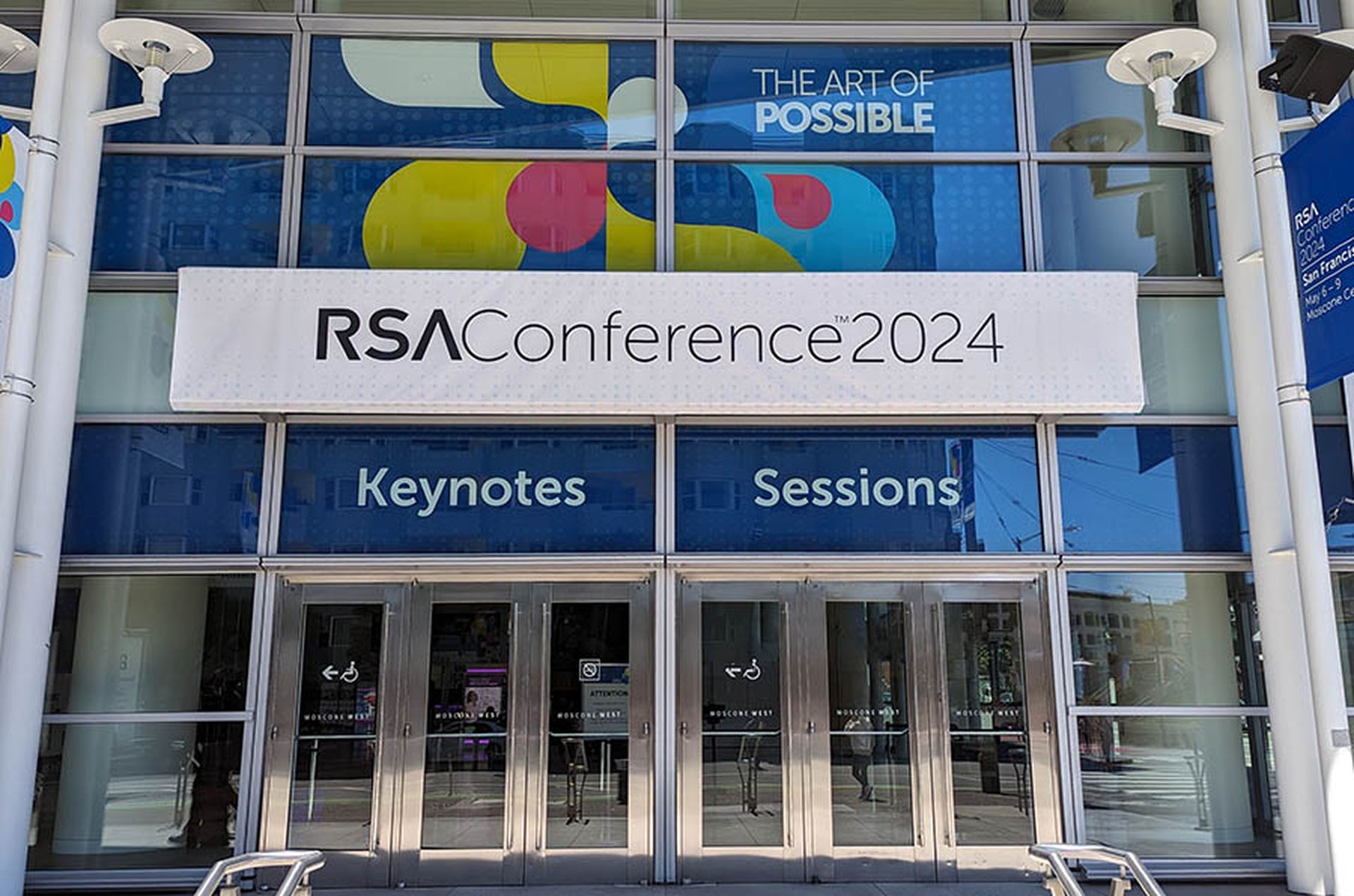Google has asked a federal appeals court to reconsider a major ruling on intercepting unsecure Wi-Fi traffic.
The decision, ruled earlier this month, concerned Google's data collecting practices between 2008 and 2010 using its Street View mapping service. For the past few years, Google has been battling a lawsuit accusing it of violating the WireTap Act for its use of Street View – a service that offers street-level images of geographical locations by allegedly collecting unencrypted Wi-Fi data transmitted in surrounding areas, like homes and businesses.
Google attempted to have the lawsuit dismissed under the argument that unencrypted Wi-Fi data it collected was categorized as a “radio communication,” a type of transmission exempt from Wiretap Act protections, but a three-judge panel ruled on Sept. 10 that lawsuit proceedings could continue.
Now, Google is pushing to have the original panel of three judges, or a larger group of 11 judges, to rehear the case. The company filed a petition last Tuesday to have the case reheard.
Among its grievances with the ruling, Google argued that the decision could have “harmful consequences” that are “far-reaching, creating significant uncertainty about the legal status of ordinary activities involving Wi-Fi networks,” the petition said.
Ironically, the company's arguments seem similar to some concerns voiced by privacy advocates in the wake of the ruling: that unsecured Wi-Fi networks can be easily intercepted, particularly by individuals in the security research community.
“The panel has potentially made it unlawful to use ubiquitous tools that help protect Wi-Fi systems and raised questions about whether the routine operation of Wi-Fi-connected devices is now unlawful,” Google argued in the petition.
Hanni Fakhoury, a staff attorney at the Electronic Frontier Foundation (EFF), told SCMagazine.com earlier this month that the decision could potentially have negative legal consequences on security analysts.
In a Monday follow-up interview, Fakhoury stood by his observations on the case, but added that Google obviously has its own motives for wanting the opinion rehashed in court.
“Google obviously has some business interests, and they want as many opportunities as possible to get that opinion [reconsidered],” Fakhoury said.
He also explained that a rehearing by an 11-judge panel, called a rehearing “en banc,” isn't an everyday occurrence granted by the courts.
“They are usually reserved for cases where a number of judges are interested in the case or they believe the panel got it wrong,” Fakhoury said. “The court has discretion to grant en banc.”



